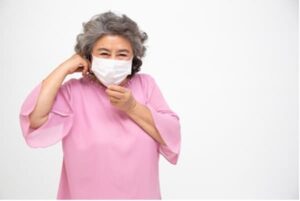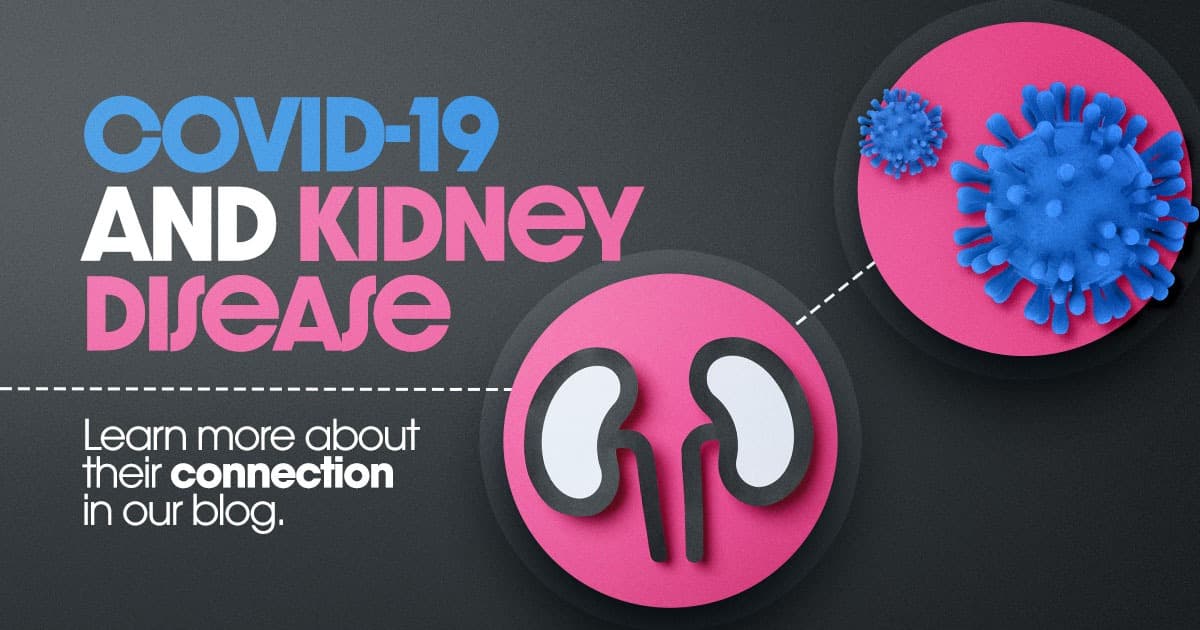Kidney disease is one of the lesser-known health risks associated with COVID-19. Though it hasn’t been extensively studied, there is evidence to suggest that there may be a correlation between the two conditions. In this blog, we’ll discuss what we know about kidney disease and COVID-19 so far. As well as provide some tips on how to stay protected from both conditions this holiday season.
COVID-19 and Kidney Disease: The Connection
Both COVID-19 and kidney disease seem to disproportionately affect older adults, leaving one of our more susceptible populations more vulnerable. According to the Centers for Disease Control and Prevention (CDC), people with kidney disease are at a higher risk for developing complications from COVID-19. This is because kidney disease can weaken the immune system, making it more difficult for the body to fight off infections. In addition, people with kidney disease often have other chronic health conditions, such as diabetes or heart disease, which can also make them more vulnerable to serious illness from COVID-19. Studies have also indicated that more than 30% of patients hospitalized with COVID-19 develop kidney injury.

Protect your Kidneys from COVID-19
As the COVID-19 pandemic continues to spread, people are looking for ways to protect themselves from the virus. While there is no foolproof way to avoid infection, there are some steps you can take to reduce your risk. One of the best things you can do for your overall health is to maintain a healthy kidney. These vital organs not only filter toxins from the blood but also help regulate fluid levels and blood pressure.
Here are some top tips for keeping your kidneys healthy:
1) Avoid smoking and excess alcohol consumption. These habits can damage the kidneys and lead to other health problems.
2) Drink plenty of fluids. This helps to flush out toxins from your body and prevents dehydration, which can be harmful to your kidneys.
3) Eat a healthy diet. This means plenty of fruits, vegetables, whole grains, and low-fat proteins. Avoid processed foods, sugary drinks, and excessive salt intake, as these can all put a strain on your kidneys.
4) Exercise regularly. This helps to keep your blood pressure in check, reduces your risk of obesity, and aids in preventing hypertension.
5) Get regular checkups. This allows your doctor to catch any early signs of kidney disease and treat it accordingly. Be sure to mention any family history of kidney problems so they can keep an eye out for it.
It’s also incredibly useful to practice everyday precautions such as social distancing, washing your hands often, and avoid unnecessary outings during a COVID-19 outbreak. By following these tips, you can help keep your kidneys healthy while reducing your risk of COVID-19 infection. There’s no need to fear what you can help prevent!

At Endeavor Clinical Trials, our goal is to conduct research that facilitates your daily health. These findings would not be possible without volunteers. If you or someone you know is worried about COVID-19 or kidney disease, then you may be eligible for one of our upcoming studies! Learn more on our website or call us at (210) 949 -0807 with your questions today!
Resources:
https://www.kidney.org/coronavirus/kidney-disease-covid-19
https://www.cdc.gov/kidneydisease/prevention-risk/take-care.html





